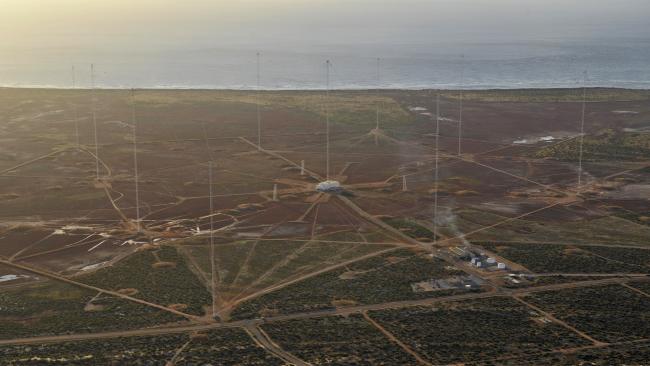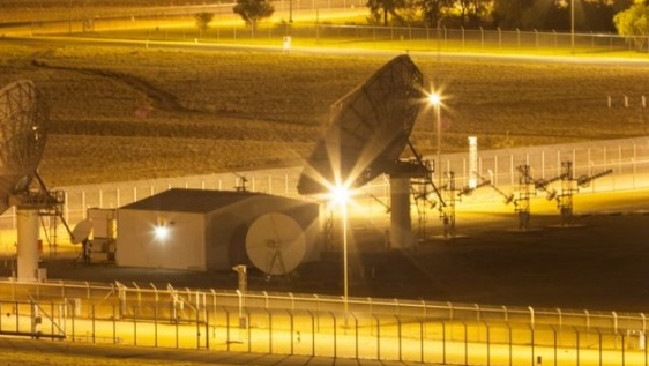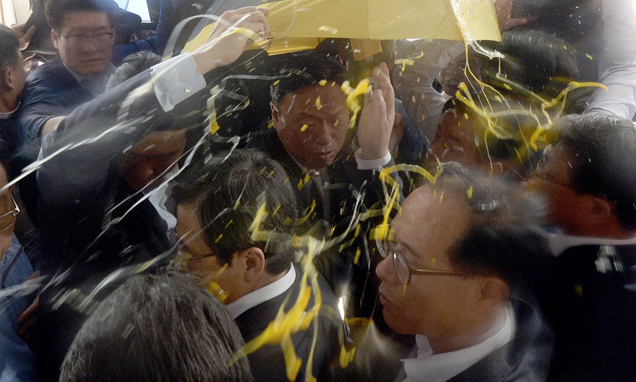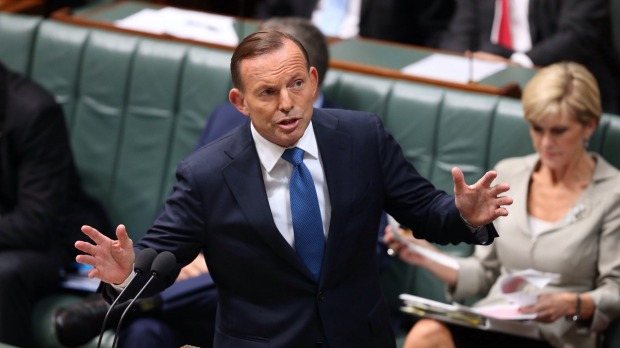THE Territory’s Pine Gap military intelligence base just outside Alice Springs is reportedly on standby as North Korea warns it is ready for “war” amid escalating tensions with the US.
The NT News understands the US has notified Australia that it is prepared to shoot down any missiles launched, potentially putting the Central Australian spy base in the firing line as a target in the event of a major conflict.
The top secret military facility plays a key role in US intelligence and military operations throughout the world.
It plays a vital role in collecting a wide range of signals intelligence as well as providing information on early warning of ballistic missile launches.
America announced on Monday that the USS Carl Vinson, loaded with fighter jets, had been pulled from its planned military exercises in Australia and ordered towards the Korean Peninsula.
Three guided-missile destroyers and cruisers joined the armada, which left from Singapore on Saturday.
In its response to America’s naval movements, the North Korean foreign ministry said the US’s “reckless moves for invading the DPRK have reached a serious phase,” and issued the warning that it was ready for war, AFP reported.
Professor Richard Tanter from the School of Political and Social Studies at the University of Melbourne has conducted years of research into the facility and says Pine Gap’s importance to the US military is enough to make Australia a target in any major war our American ally is involved in.
At a recent conference in Alice Springs he said rather than protecting the town from a potential enemy attack, Pine Gap’s existence makes it an ideal target.
He said in recent years Pine Gap had taken on a far more strategic role, including forming part of the controversial US missile defence system.
He says the early warning defence system was vital in detecting a potential North Korean missile “Pine Gap is used for nuclear war planning,” he said. “Today it is used for signals intelligence and as an early warning system.
“I’m not saying Pine Gap has no benefit. But when the benefits are far outweighed by dangerous consequences then that has implications for us.”
North korea hints, USA threatens.




